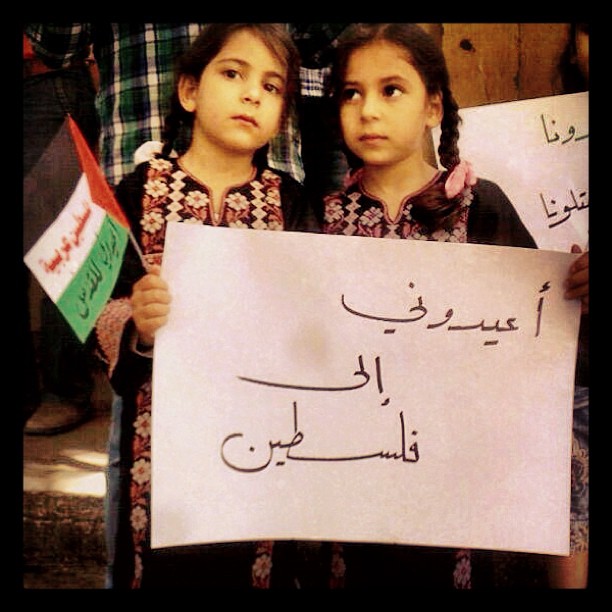Egypt is publicly backing the Russian military intervention in Syria, which it says will curb the spread of terrorism in the war-torn country and encourage a political resolution – despite the policy being a direct challenge to the involvement of close-ally Saudi Arabia in the conflict.
“Russia’s entrance, given its potential and capabilities, is something we see is going to have an effect on limiting terrorism in Syria and eradicating it,” Minister of Foreign Affairs Sameh Shoukry said Saturday, as reported by Reuters. The airstrikes are the first significant Russian intervention in the Middle East in decades, and will bolster the embattled Syrian government.
Saudi Arabia, a long-time rival of Syria, has been pushing for the removal of the regime of Bashar Al-Assad, through significant funding and arming of rebel groups during the four-year conflict. “There is no future for Al-Assad in Syria,” Saudi foreign minister Adel Al-Jubeir said not long before the beginning of Russian strikes.
Egypt is heavily indebted to its close-ally Saudi Arabia. After the ouster of Muslim Brotherhood-affiliated former president Mohamed Morsi in 2013, the Gulf kingdom pledged $5bn in cash, deposits and oil products to bolster the regime change. Then, following President Abdel Fattah Al-Sisi’s presidential victory in 2014, Saudi Arabia assembled a conference of donor countries to finance over $60bn worth of projects in Egypt.
Al-Sisi responded by calling for an unprecedented seven days of national mourning for former King Abdullah’s death in January and by providing naval support for Saudi Arabia’s Yemen offensive.
However, it is perceived that Shoukry’s support for the Russian airstrikes are a hardening of Egypt’s stance towards the Syrian crisis, as it has continued to call for a political resolution to the situation, rather than for a direct removal of beleaguered Syrian president Bashar Al-Assad. On more than one occasion, in recent months, Egyptian officials have met with Syrian government delegations for talks, including regarding responses to ‘terrorism’.
Shoukry previously said he is in “constant contact” with his Russian counterpart Sergey Lavrov, as relations between Egypt and Russia improve. In June, the two countries held their first-ever joint naval exercise.
Despite public assurances from Vladimir Putin that the target of Russian attacks are “Islamic State” targets, critics, including the United States, are maintaining that moderate rebels are being struck, in order to bolster the regime of Russian-ally Al-Assad.
Egypt has not spoken directly of keeping Al-Assad in power, but backing Russian airstrikes puts it in a camp opposed to Saudi Arabia.
“Egypt, actually like most of the international states involved in Syria besides Saudi Arabia, is keen to avoid a Saddam Hussein-style collapse of the state,” says Amr Adly, a non-resident scholar at the Carnegie Middle East Center. “It wants to keep a core of the Syrian state from which it can incorporate elites in a kind of more pluralistic government.”
“Saudi Arabia would like to see Egypt more involved in it campaigns, and at times has sent messages, such as suggestions that it would revise its stance with the Muslim Brotherhood, as well as the public criticisms of Saudi journalists about how to deal with Egypt’s foreign policy,” Adly told Daily News Egypt. “However, the regional situation is deteriorating for Saudi Arabia, in particular in Yemen and in Syria, where it is seeing the turning of the tide in the war and what it wants”.
However, Adly acknowledged that Egypt’s attitude towards the Syrian conflict is likely to remain rhetorical, as “it cannot afford, economically or politically, to send its troops abroad to fight in conflicts that are distant from local developments”.



